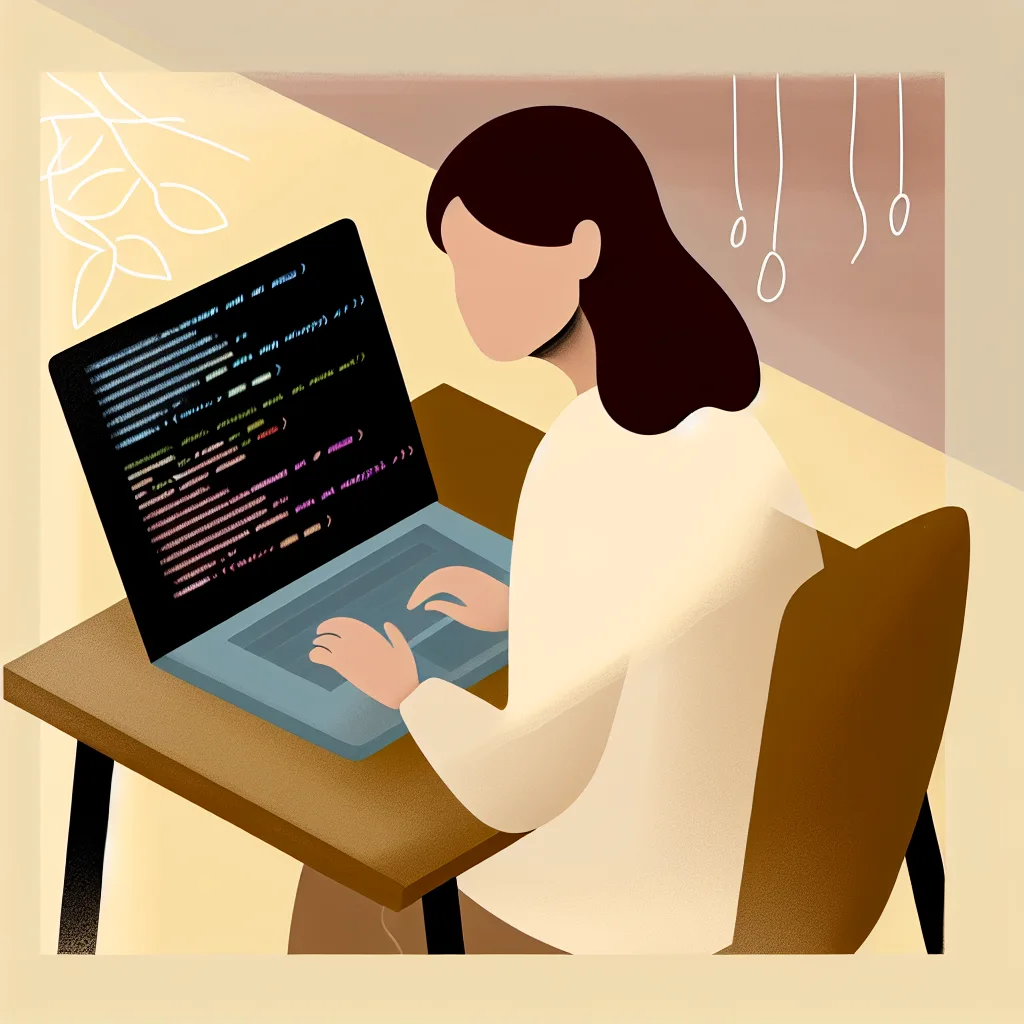Understanding the Limits of AI Coding and Why Real Coding Skills Matter More
If you’ve spent any time in tech circles recently, you might have noticed how often people talk about “AI coding skills” like they’re the newest, coolest thing. But here’s the truth: AI coding skills are not necessarily more useful than actually writing code yourself. Let’s dive into why knowing the fundamentals of actual coding still holds more weight.
What Do We Mean by AI Coding Skills?
When people mention AI coding skills, they’re often talking about using AI models like Claude or GPT to generate code snippets, automate workflows, or even create portions of an application. It might seem impressive to have a sophisticated AI-assisted development setup. But is this really more complex or more valuable than mastering traditional coding skills like game development in C++, database management, or memory management? Not really.
In fact, setting up an AI workflow often boils down to managing text prompts and context feeds. This is somewhat like setting up your development environment—you know, configuring Neovim with custom scripts or plugins. It’s technical, sure, but not necessarily more complex or more valuable in the grand scheme of things.
The Reality of AI Coding
Here’s the kicker: AI coding tools generate output in a way that’s not fully predictable. They rely on pattern recognition and statistical probabilities. This means you often get code that isn’t guaranteed to work perfectly or might even introduce hard-to-track bugs.
Developers often end up spending considerable time cleaning up or rewriting AI-generated code. So, instead of saving time, relying heavily on AI coding can sometimes complicate your development process.
The Limits of AI Coding Skills and Context Awareness
One major hurdle for AI in coding is understanding context. Large Language Models (LLMs) like Claude or GPT have limits on how much context they can keep track of at once. The more complex your codebase, the harder it becomes for these models to provide accurate or efficient assistance.
Why is this? Because increasing context windows requires exponentially more computational effort, often slowing things down or sacrificing accuracy. Some methods like sparse attention try to optimize this but come with trade-offs. So, AI isn’t likely to get significantly better at handling complex projects anytime soon.
Why Actual Coding Skills Still Matter More
So, what does all this mean for developers? Simply put, understanding coding deeply — how memory works, how databases are structured, or how game engines run — gives you tools that AI coding can’t replace easily. Real coding skills let you control your project’s architecture with clarity and predictability, avoiding the black-box behavior AI tools can introduce.
For many developers, AI is a helpful research assistant or productivity booster rather than the main coder. It’s great for looking up snippets, exploring ideas, or automating smaller tasks, but it’s not a substitute for solid coding expertise.
Final Thoughts
AI coding skills might sound trendy and exciting, but they don’t replace the value of learning how to code yourself. They’re best seen as complementary tools rather than wholesale solutions.
If you’re serious about software development, invest your time in learning actual coding. It’s that foundation that will empower you to build clean, efficient, and maintainable software—skills that AI, with all its current limits, just can’t replace.
For more technical insights on AI and coding, you might check out OpenAI’s documentation or insights on machine learning limitations at DeepMind. These sources help explain the challenges behind the scenes.
This blog post encourages thoughtful use of AI in coding, highlighting why real programming knowledge remains indispensable.
